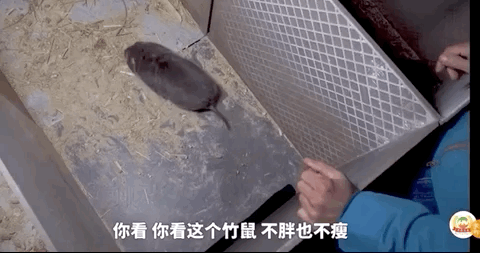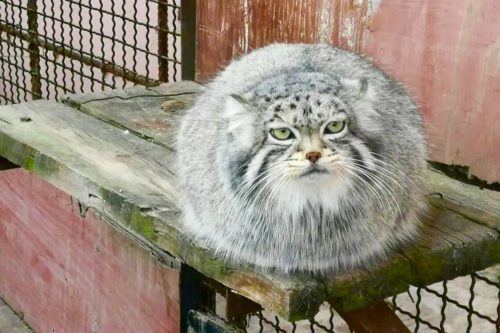Rat breeders make a case against China’s wildlife consumption ban
Meet the social-influencer farmers winning public sympathy because they can no longer breed bamboo rats as food.
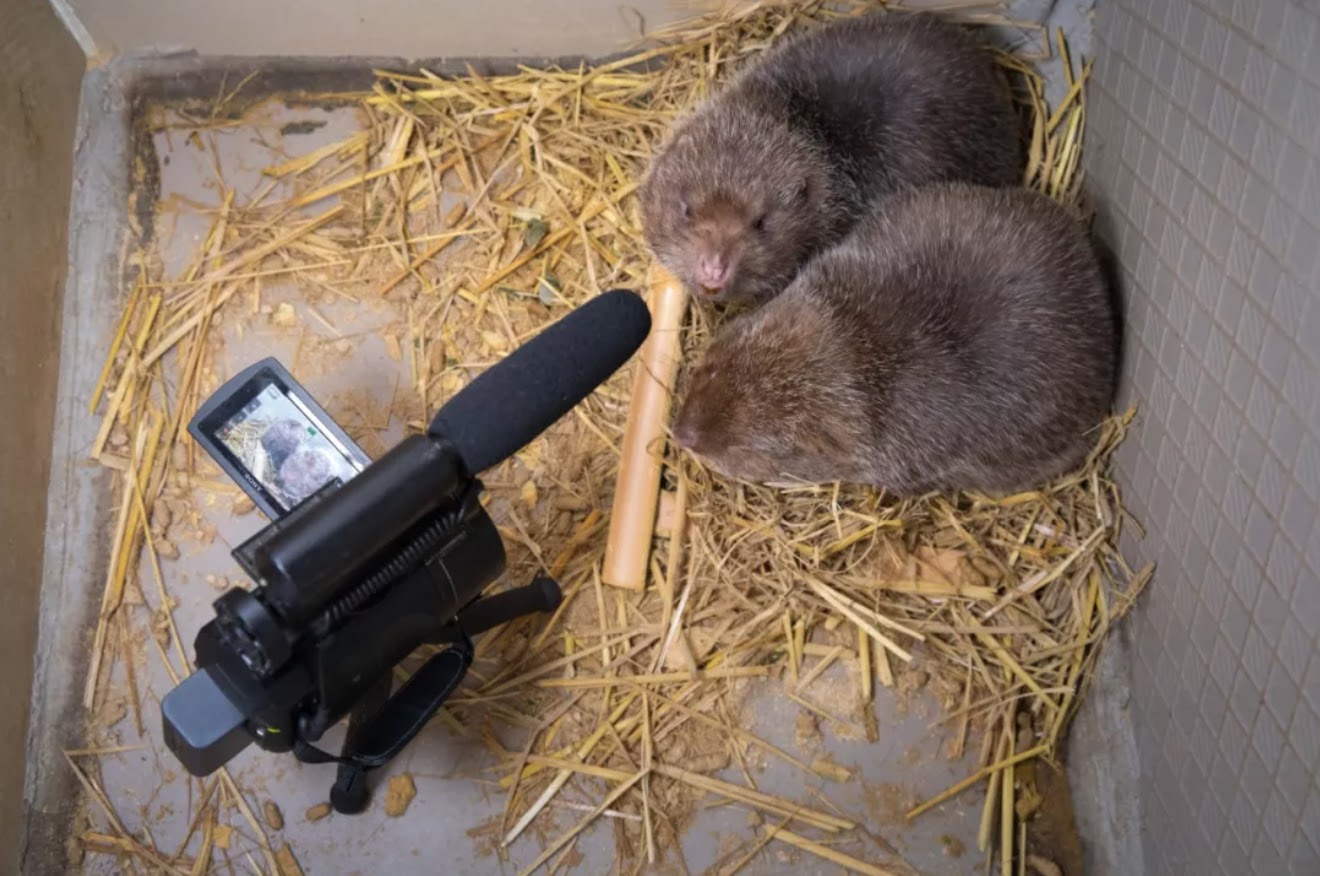
The COVID-19 pandemic has caused months of content shortage for social media influencers. But for “Huanong Brothers” (华农兄弟 huánóngxiōngdì) — literally, “Chinese farmer brothers,” two farmer-influencers with almost 6 million followers on the Chinese video-streaming platform Bilibili — things haven’t changed too much.
Isolated in a rural village in Jiangxi province, the pair, Liú Sūliáng 刘苏良 and Hú Yuèqīng 胡跃清, has continued sharing a steady stream of content since the coronavirus hit China, mostly videos of them harvesting vegetables, building up flocks of ducks, and cooking,
But there’s been one big difference in all of their videos released since the outbreak: hundreds of domesticated bamboo rats, which they had bred for years to sell as a delicacy, have gone missing.
In February, as part of a broader response to the virus, China banned the consumption of wild animals, which many health experts determined was a root cause of the global pandemic. Since, there has been a spate of news reports about Chinese breeders being forced to dispose of their domesticated exotic animals, such as pangolins and civet cats.
Among the Huanong Brothers’s devoted fans, speculation started to swirl as to how the farmer-influencers dealt with their large rodents, arguably the pair’s main source of income outside of streaming.
Yesterday, after months of silence on the fate of their bamboo rats, Huanong Brothers released a video (in Chinese) explaining the situation.
“I haven’t visited the barn I built for my bamboo rats for a long time. I’ll give you guys a tour today. But the rats are gone,” Liu says at the beginning of the video. Seemingly distraught, Liu brings a bag of stuffed versions of bamboo rats to the barn. Liu arranges the stuffed animals in the barn, then says in sorrow, “These toys are adorable. But they don’t move.”
“The rats have been released,” Liu says. “I’ll start dismantling these cubicles soon. The barn needs a renovation before I put other animals here.”
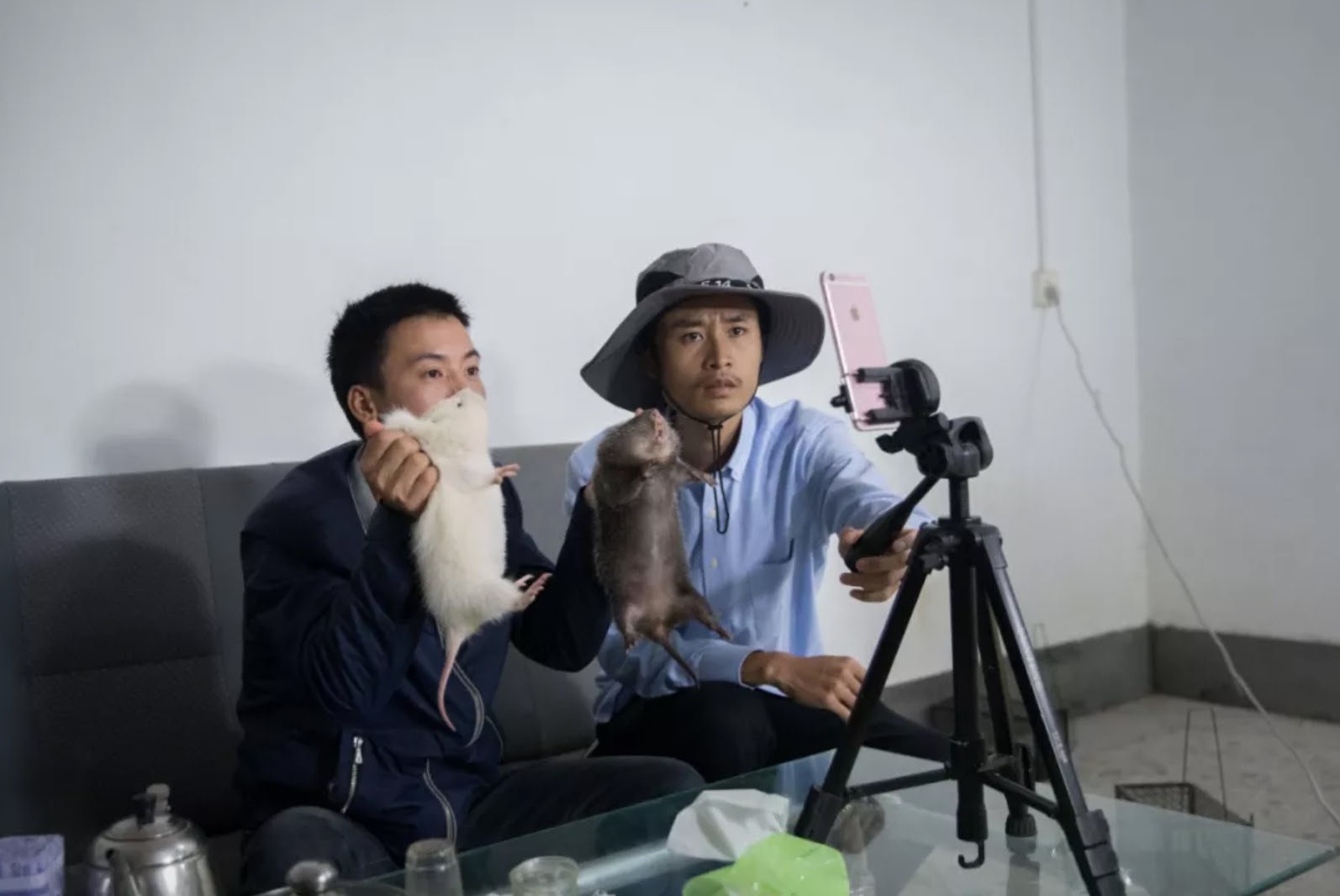
It didn’t take long for the video to become the influencers’ most popular content in months. As of today, the clip has amassed more than 5 million views on Weibo and thousands of emotional responses. Many of the people who have commented have said that Liu’s humorous interactions with his bamboo rats was what drew them to Huanong Brothers in the first place, and that it broke their hearts to hear Liu had let go of the animals. “I feel like I’m watching a distressed parent mourning the loss of his child. This is so heart-wrenching. It doesn’t have to be like this,” a Weibo user wrote (in Chinese).
Known for their ample flesh and sharp incisors, bamboo rats are a not-entirely-uncommon delicacy eaten in southern China. In the summer of 2018, the chubby rodents became an online sensation when a compilation of Huanong Brothers’s videos gained traction on Chinese social media. Titled “100 Reasons to eat bamboo rats,” the viral clip shows Liu jokingly finding various excuses to kill “troublesome” rats and cook them in different ways.
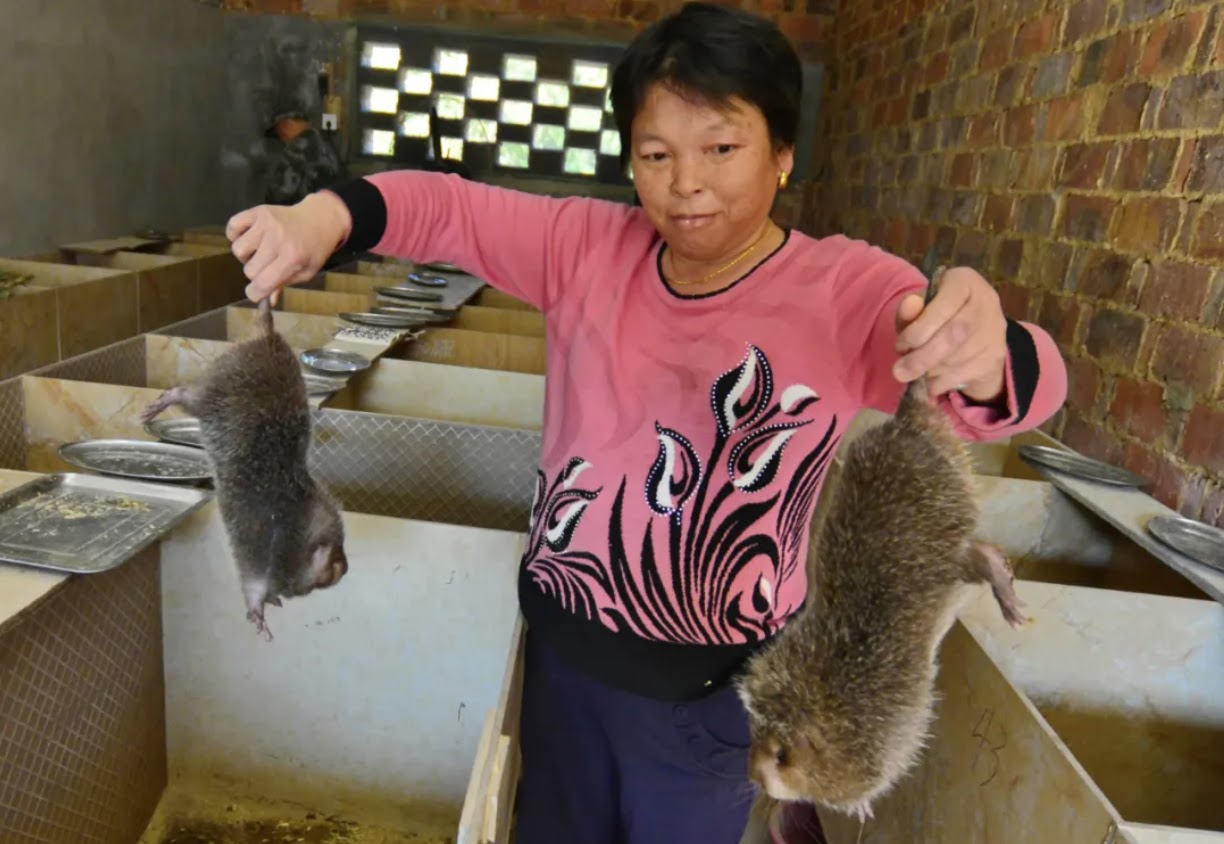
The video not only helped Huanong Brothers rise to internet stardom, but it also popularized the business of breeding bamboo rats. Seeing the growing appetite for the fluffy animals, Guangxi province once rolled out a string of policies in 2018 to encourage the breeding of bamboo rats among local farmers, especially those struggling to make ends meet. As part of the province’s poverty alleviation program, the initiative included special loans for bamboo rat operations and technical training on how to raise the rodents properly. According to the China News Weekly (in Chinese), before the pandemic, Guangxi had roughly 100,000 farmers specializing in breeding about 18 million bamboo rats, whose total value was estimated to be 2 billion yuan ($296 million).
As some internet users pointed out, the national ban on illegal wildlife trade won’t have a substantial impact on Huanong Brothers, as they can start a new business while earning money through product endorsement deals or advertising. But for other farmers whose income solely depended on bamboo rats, the sweeping ban could completely disrupt their lives.
“I sympathized with Huanong Brothers so much that I almost felt depressed,” a Weibo user commented. “I can’t imagine what bamboo rats breeders have gone through amid the devastating blow delivered by the ban.”
